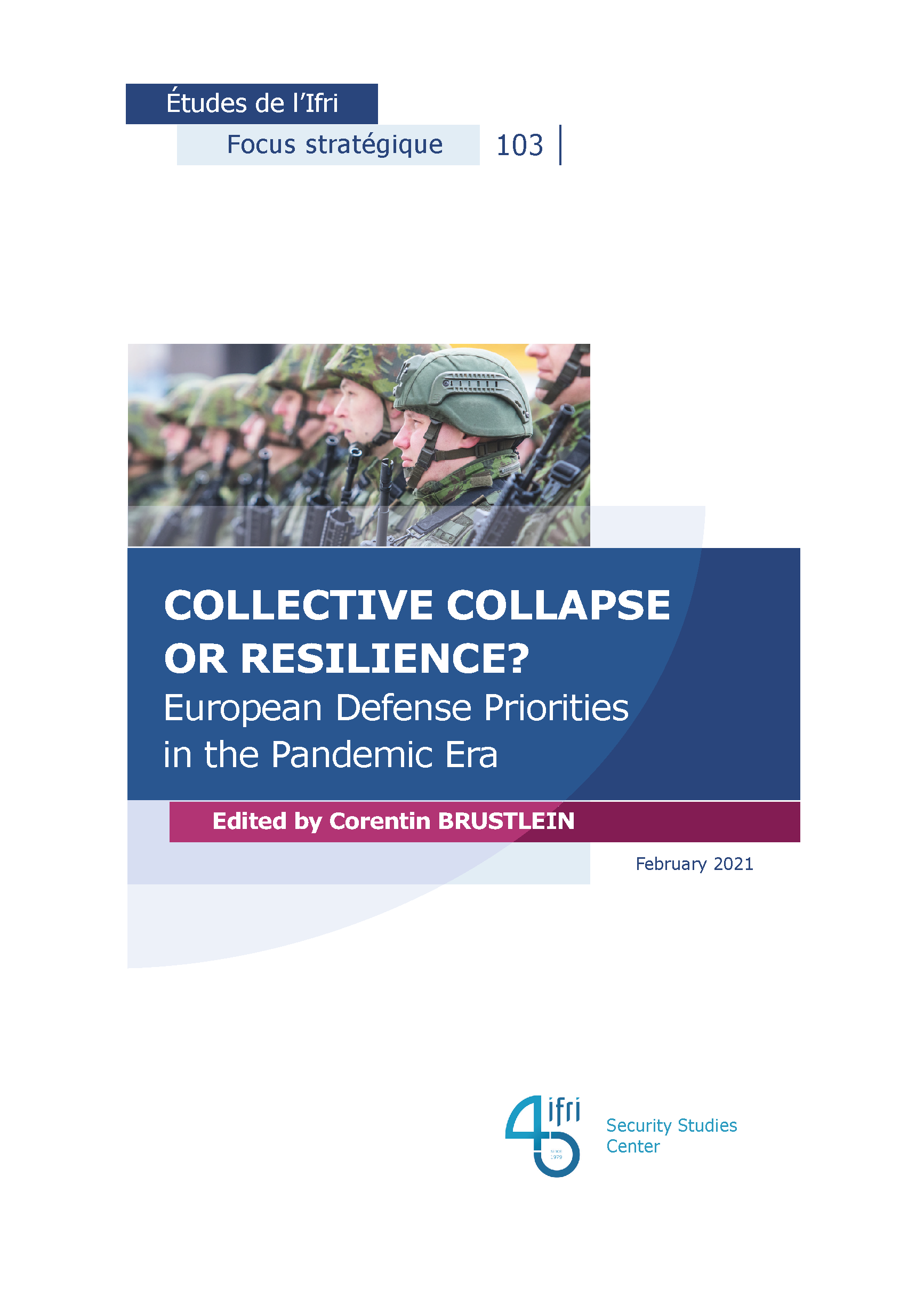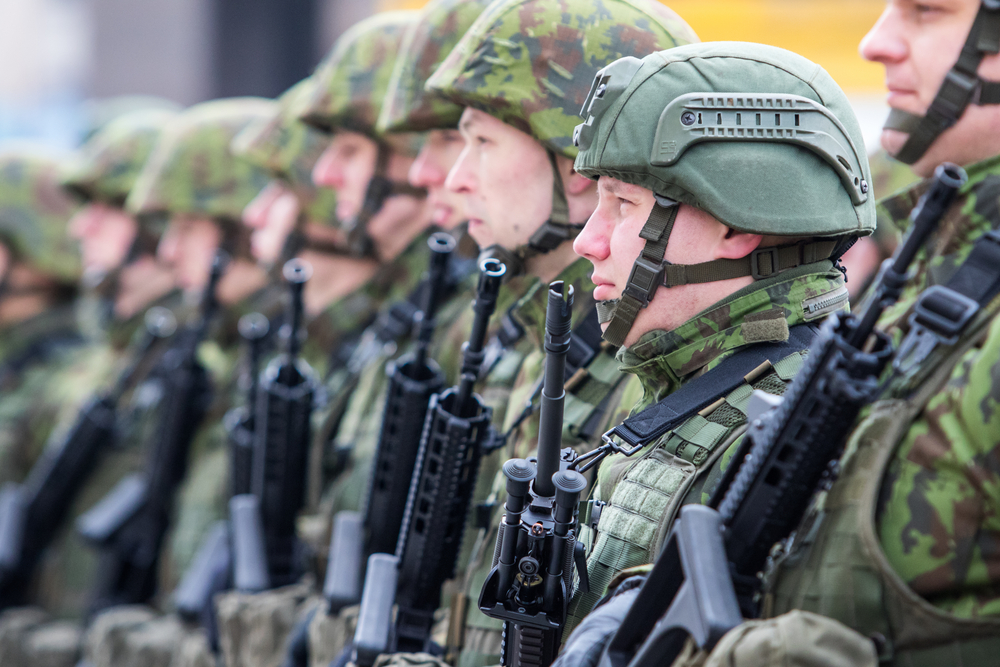Collective Collapse or Resilience? European Defense Priorities in the Pandemic Era

To what extent has the COVID-19 pandemic affected defense priorities across Europe?

When the pandemic reached its cities, Europe was already under severe internal and external stress. By throwing the continent and the world into an unprecedented economic crisis while security challenges abound, the pandemic has exposed Europe to a risk of irreversible loss of capacity for collective action, hampering its influence and control over its regional areas of interest.
One year after, this report provides a comparative assessment of the impact of the pandemic on the foreign and defense policies and spending levels of ten different European countries. It not only aims at assessing the immediate impact of the pandemic on the defense posture of each country but more importantly at mapping in which areas the pandemic did or might prove disruptive for European defense priorities, whether directly or indirectly. Although uncertainty remains about the long-term effects of the current crisis, the different case studies highlight that, contrary to the most pessimistic scenarios, the pandemic has so far had a relatively modest impact on defense and security policies.
Monitored European countries have so far shown resilience in their individual and collective responses to the crisis. If anything, changes brought by the pandemic are less striking than the continuity observed in most cases when it comes to foreign and defense policies, from stated levels of ambition to defense spending plans. It is, however, unclear how enduring this resilience can prove in the longer-term in the face of disruptive developments such as new variants of the virus, sweeping domestic political developments in Europe, radical changes in the US commitment to European security, or an intensified strategic competition in Europe’s neighborhood and beyond it.
Download the full analysis
This page contains only a summary of our work. If you would like to have access to all the information from our research on the subject, you can download the full version in PDF format.
Collective Collapse or Resilience? European Defense Priorities in the Pandemic Era
Related centers and programs
Discover our other research centers and programsFind out more
Discover all our analyses"Iron Swords" A Military Analysis of Israel's War in Gaza
On October 7, 2023, Hamas' attack, dubbed “Al-Aqsa Flood,” caused a major shock and led Israel to launch the longest war in its history. Operation “Iron Swords” was notable for its unprecedented intensity, both in terms of the massive ground forces deployed and the firepower used.
Saudi Arabia’s Nuclear Temptations. Lessons Learned from Regional Instability
Saudi Arabia’s integration in the international arena and regional stability, notably through reducing its dependence on fossil energies, are crucial elements for the success of the Kingdom’s Vision 2030, the Crown Prince’s top priority. However, Mohammed bin Salman’s declarations in 2018 and 2021, indicating that “if Iran develops a nuclear bomb, we will follow suit as soon as possible”, combined with the recent strikes on key Iranian nuclear facilities, do not bode well for the future of the Kingdom, the region and the non-proliferation regime at large.
The Future of Air Superiority. Command of the Air in High Intensity Warfare
Air superiority, understood as control of the air, is a cornerstone of the Western art of warfare. It is a decisive condition, albeit not sufficient by itself, to achieve military victory, as it enables the concentration of air power toward the achievement of wider strategic objectives and protects other components from unbearable attrition levels. It is best achieved through the offensive use of air power in a joint effort to neutralize the enemy’s air power.
Europe Uncovered?
As Russia continues to threaten Europe, the Trump administration is making no secret of its desire to withdraw—at least partially—from the defense of the Old
Continent in order to focus on strategic competition with China. It is thus putting pressure on its European allies to increase their investment in the military sector. The NATO Summit in The Hague in June 2025 resulted in ambitious commitments by member states to increase their defense spending.















